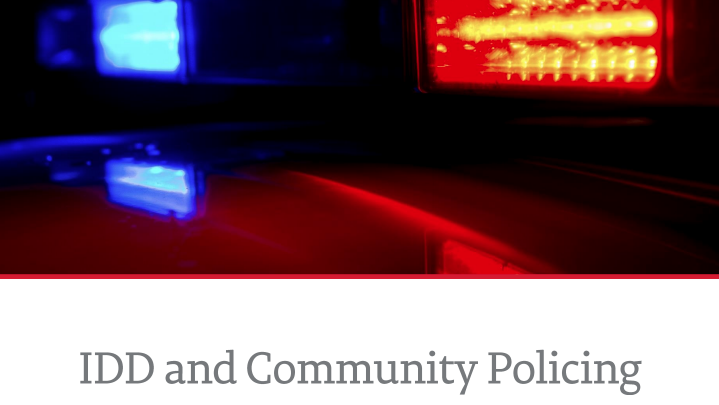
One state agency is now training police officers in Tennessee on how to better interact with people who have disabilities. The Department of Intellectual and Developmental Disabilities created the training guide as part of a settlement over a decades-long lawsuit.
The court proceedings weren’t related to law enforcement — it was a lawsuit against DIDD over poor conditions at the state’s mental institutions, including Clover Bottom in Nashville. But improving police training was
one of eight steps that the agency agreed to take in order to end the settlement.
More than 130,000 Tennesseans — or 2 percent of the population — have a developmental or intellectual disability, says
agency spokesman Matthew
Parriott.
“The likelihood that an officer is going to come into contact with someone with an intellectual disability is surprisingly high,” he says.
It’s important the officers are trained, Parriott says, because people with disabilities tend to respond differently to their commands.
”Someone with Down syndrome might not respond at all or might have an adverse reaction.”
The
35-page guide talks about how police can recognize
disabilities and communicate more effectively. Officers won’t be required to take this training, but Parriott says it’s been met with enthusiasm so far.


